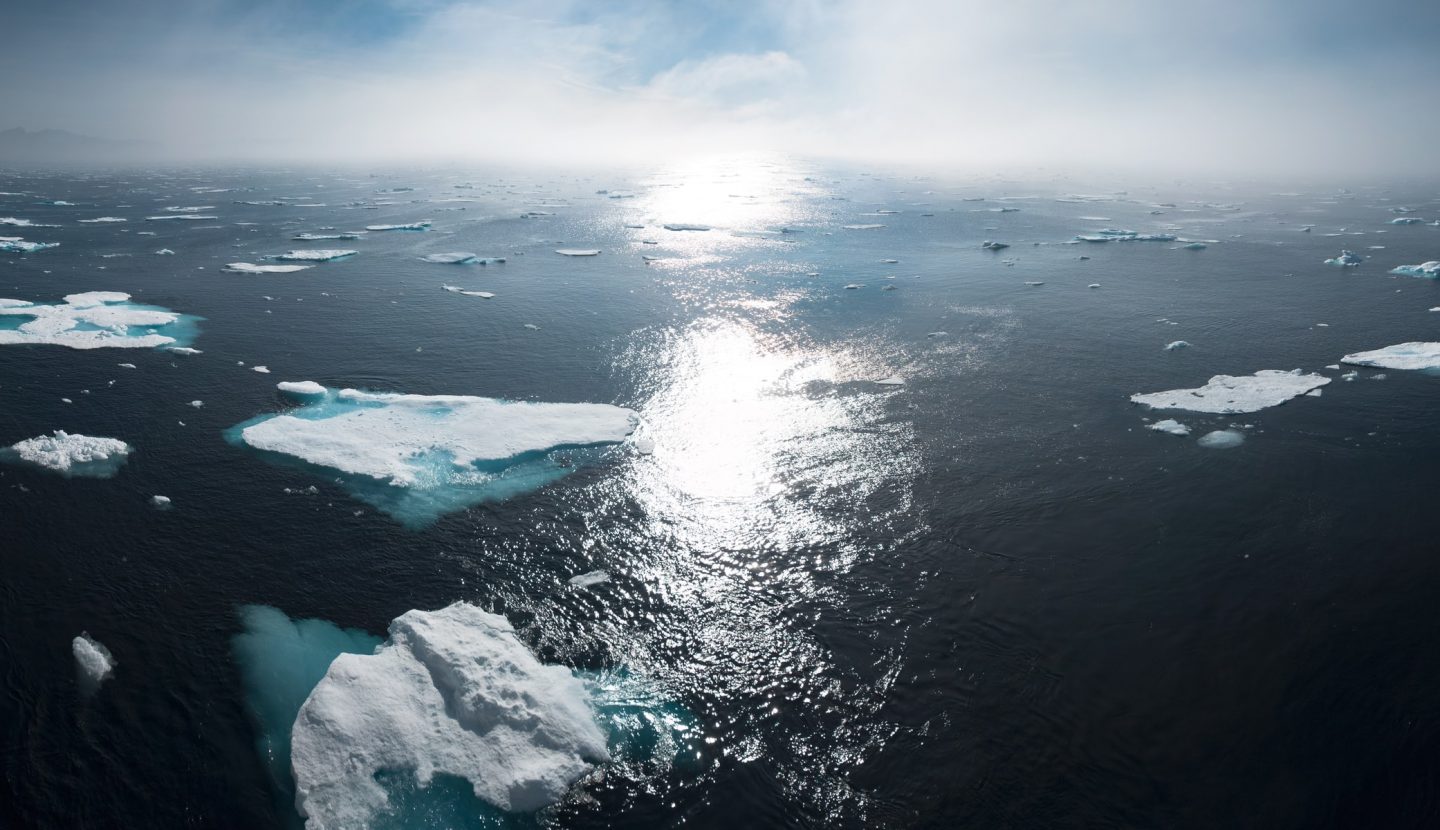The Intergovernmental Panel on Climate Change (IPCC) is preparing the most comprehensive assessment on the state of global heating since 2013, which promises to deliver a “wake-up call” to governments.
It comes amidst rising concern over extreme global weather events including storms, floods and droughts widely reported in recent weeks. In the last 30 years the world has warmed considerably, and governments are now uniting in a mission to limit temperature rises to 1.5C above pre-industrial levels, witnessed around 1850-1900.
Scientists warn that failure to keep temperature rises below this threshold will lead to significant and dangerous climate change.
The assessment – due to be published August 09 – will include a short 40-page ‘Summary for Policymakers’ which will form a key touchstone ahead of COP26 in November.
The IPCC, which was formed in 1988, aims to provide politicians with assessments every six or seven years on the science, the impacts and the potential options for tackling climate change.
The organisation consists of representatives from 195 governments, which commission reports from the various groups of academics. It has become one of the most critical platforms for summarizing scientific understanding of climate change, its impacts and solutions as the world has warmed over the past 30 years.
For its assessments, the IPCC divides the work into three different areas. The first is the physical science report; the second is on impacts; the third is mitigation.
The impacts and mitigation studies will come out early next year, as well as a synthesis report that will pull all the threads together.
Meanwhile, the physical science publication has involved more than 200 researchers, who have analysed existing peer-reviewed literature over the last four years.
Their initial draft reports were subject to discussions and comments from fellow researchers and governments. Over the next two weeks, a final ‘Summary for Policymakers’ will be agreed word by word with government representatives.
As in previous assessments, there will be a strong focus on the question of humanity’s role in creating the climate crisis.
However, the latest summary report will include a new chapter on weather and extreme events in a changing climate. Many will want more detail on areas such as storms, floods or droughts with a low probability but high impact.
As well as new information on sea-level rise and the state of the Arctic and Antarctic, the summary report will likely have new information on the chances of holding the global rise in temperatures to 1.5C this century.
It will further assess whether governments are on track to meet the targets agreed in the Paris climate pact.
As well as its six- or seven-year assessments, the IPCC has also produced special studies looking at specific scientific questions.
In 2018, the IPCC released a special report on keeping global temperature rise under 1.5C. This report significantly impacted an emerging generation of young people willing to take to the streets to demand a political response.





